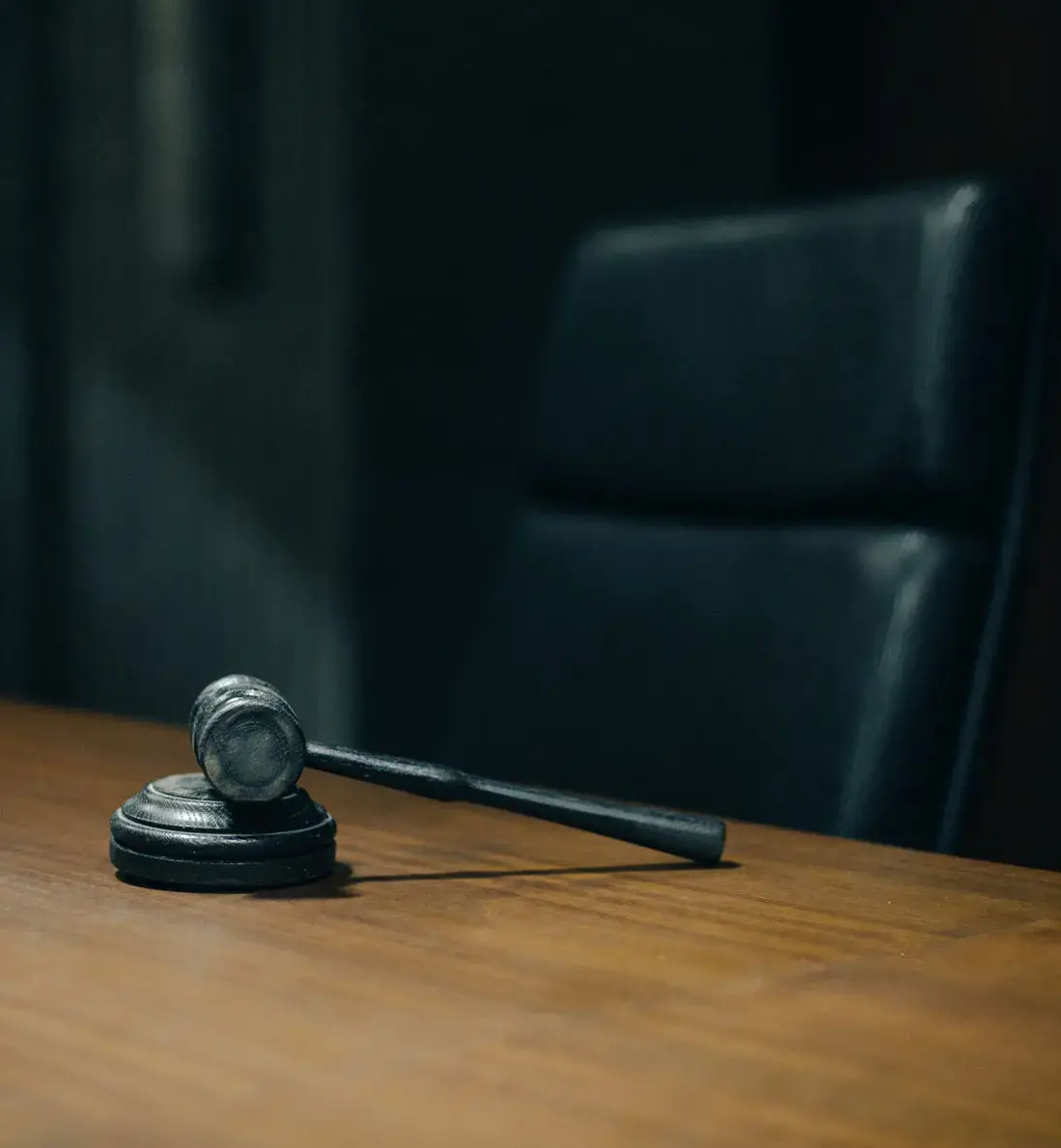
Executors / Personal Representatives Failure to Administer Estate. What Can I Do?
Subject to how far into the administration of an Estate the Executors or Personal Representatives (“PRs”) have gotten, the process used to replace them is a little different, albeit the underlying evidential requirement is similar.
If the Grant of Probate has not yet been extracted, the process is to bring an action under s.116 Senior Courts Act 1981 (“s. 116”). s. 116 provides that:
"If by reason of any special circumstances it appears to the High Court to be necessary or expedient to appoint as administrator some person other than the person who, but for this section, would in accordance with probate rules have been entitled to the grant, the court may in its discretion appoint as administrator such person as it thinks expedient.
Any grant of administration under this section may be limited in any way the court thinks fit."
The Court must be shown, in the first instance, that there is some special circumstance why it should make an Order going against the Rules of Intestacy, or a Testator’s Will, when it comes to appointing a new Executor or PR. Secondly, the Court must be shown that it is necessary or expedient to displace the normal order.
If there is want or need to apply to Court to remove the Executors / PRs after the Grant of Probate/Grant of Letters of Administration has been extracted, the process is to make an application under s. 50 Administration of Justice Act 1985 (“s. 50”). S. 50 provides that:
- "…the court may in its discretion—
(a) appoint a person (in this section called a substituted personal representative) to act as personal representative of the deceased in place of the existing personal representative or representatives of the deceased or any of them; or
(b) if there are two or more existing personal representatives of the deceased, terminate the appointment of one or more, but not all, of those persons.”
What are the grounds for removing an executor?
However, care must be taken when deciding whether there is enough cause for the Court to consider removing an Executor. The Court, for example, will not remove an Executor solely on the basis that there is friction or hostility between the Executors and beneficiaries. When there is a Will involved, the Court will also take into consideration that the Deceased specifically chose and appointed their Executors. Therefore, it would take something very serious to warrant their removal.
If there is clear misconduct on the part of the Executor, and that the friction and hostility impedes the proper execution of the trusts, and welfare of the beneficiaries, the application for the Executor’s removal should succeed. Similarly, if there is need for the Executor to investigate their own behaviour prior to the Deceased’s death, it would be seen as a conflict of interest, and therefore the Court may consider it appropriate that the Executor removed.
In a recent case of Pangou v Nzoulou [2022], the only adult daughter of the Deceased had the highest right to take out the Grant of Letters of Administration under the Rules of Intestacy. The Deceased’s daughter argued that the Deceased should be buried in France where she lived, as well as other family members. However, the partner of the Deceased, (“Rina”) who had been in a relationship with him for 13 years and who had three children with him, argued that the Deceased wished to be buried in Kent, UK, on the basis that it would be closer to his friends and close family. She also argued the fact the Deceased’s life centred in Kent for the previous 13 years. Rina also claimed that the Deceased had explicitly stated in his journal that he wished to be buried in Kent. Rina sought, and was granted, an Order from the Court under s. 116 to appoint herself as PR with regards to the disposition of the Deceased’s body. The Court considered (1) the views of the family; and (2) the wishes of the deceased.
Each case is fact specific as to the chances of success for the removal of any of the Executors from an Estate. But what is clear that the Courts will not decide lightly, and there has to be evidence of more than “friction” between the parties, for such an application to be successful.
How much does it cost to remove an Executor in the UK?
The cost of an application to remove and Executor will vary depending on the attitude and responses of the Executors / Personal Representatives. If they agree at an early stage to step down, costs will of course be lower. It is uncommon for cases of this nature to proceed all the way to trial, and most parties agree a way forward.
Parties should also be aware that the Court may award costs to the successful party, with the unsuccessful party being liable for those costs. It is therefore important to take care in either proceeding with an application to remove an Executor, or defending an application, that the interests of the Deceased and the Estate are borne in mind and remain a priority.
Getting Professional Advice from a Contentious Probate Solicitor
If you consider that one, or more, of the Executors in an Estate are not performing their duties, and that they may need replacing, please contact one of our Contentious Probate solicitors, who will be able to provide you with advice and options moving forward.

Share this article






















